The teaching activities at the Chair of Biochemistry and Chemistry of Natural Products take place at the following study programmes:
- Bachelor of Science in Biochemistry
- Bachelor of Science in Chemistry
- Bachelor of Science in Chemistry – Quality Control and Environmental Management
- Professional Studies in Optometry
- Master of Science in Biochemistry
- Master of Science in Chemistry
- Master of Science in Environmental Protection – Environmental Protection Analyst
- PhD in Biochemistry
- PhD in Chemistry
- PhD in Environmental Protection
In the frame of mentioned programmes the Chair staff is engaged in the teaching of the following courses:
Bachelor Studies:
- Biochemistry of Medicinal Plants,
- Biochemistry of Nucleic Acids,
- Biochemistry of Steroids,
- Biochemistry,
- Bioorganic Chemistry,
- Chemistry of Natural Products,
- Chemistry of Pharmaceutical Products,
- Environmental Biochemistry,
- Enzymology,
- Experimental Biochemistry,
- Food Biochemistry,
- Fundamental Biochemistry,
- Hormone Biochemistry,
- Intermediary Metabolism,
- Introduction in biochemistry I,
- Introduction in biochemistry II,
- Liquid-Chromatography Methods in Biochemistry,
- Medical Biochemistry,
- Medicinal Chemistry,
- Monosaccharides and Bioactive Derivatives,
- Natural antioxidants,
- Structure and Function of Proteins.
Master Studies:
- Biochemistry of Antioxidant Systems,
- Biochemistry of steroids – upper course,
- Bioinformatics,
- Cancer Drug Design,
- Cell Cultures in Biochemistry,
- Chemoenzymatic Transformations,
- Experimental Methods to Study Biological Activities,
- Gas-Chromatographic Analysis of Natural Products,
- Lipids and Cell Membranes,
- Metabolism of Drugs and Xenobiotics,
- Phytotherapy,
- Rational Drug Design,
- Selected Topics in Biochemistry of hormones,
- Structure and Function of Nucleic Acids.
PhD Studies:
- Biochemical Pharmacology,
- Biochemistry and Pharmacology of Medicinal Plants,
- Biochemistry of Free Radicals and Natural Antioxidants,
- Biochemistry of Plant Phenols,
- Bioorganic Chemistry of Carbohydrates,
- Cell cultures as a model-system for testing biological activity of potential therapeutics,
- Chemical Transformations of Monosaccharides,
- Free Radicals in Plants and Oxidative Stress,
- Isolation and Characterization of Natural Products,
- Kinetics and Mechanisms of Enzymatic Reactions,
- Metabolism and Biological Significance of Arachidonic Acid,
- Metabolism and Pharmacological Importance of Essential Oils,
- Selected Experimental Methods for Testing of Biological Activity,
- Selected Topics in Biochemistry of Nucleic Acids,
- Selected Topics in Biochemistry of Steroids,
- Selected Topics in Chemistry of Natural Products,
- Selected Topics in Medicinal Chemistry,
- Stereochemistry of Monosaccharides,
- Structural Analysis of Monosaccharides and Derivatives.
Laboratory student practice takes place in two student laboratories, one laboratory for cell culture and several research laboratories. Thanks to participation in numerous national and international projects, laboratories possess modern equipment for experimental work in various fields of biochemistry and chemistry. Among the most important projects for improving the teaching and laboratories equipping were:
- WUS-Course development programs plus (CDP+), funded by the World University Service (WUS) – Austria (2007)
EU HETIP- Project for Improving the Infrastructure of Higher Education Institutions in Serbia (2012-2014)

